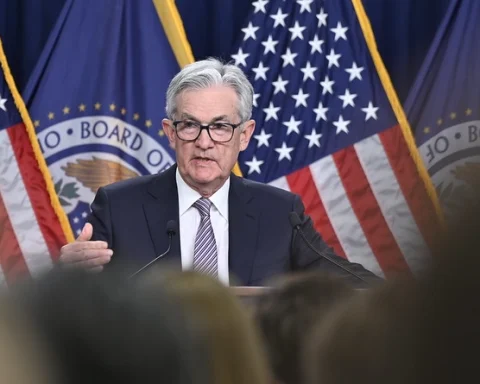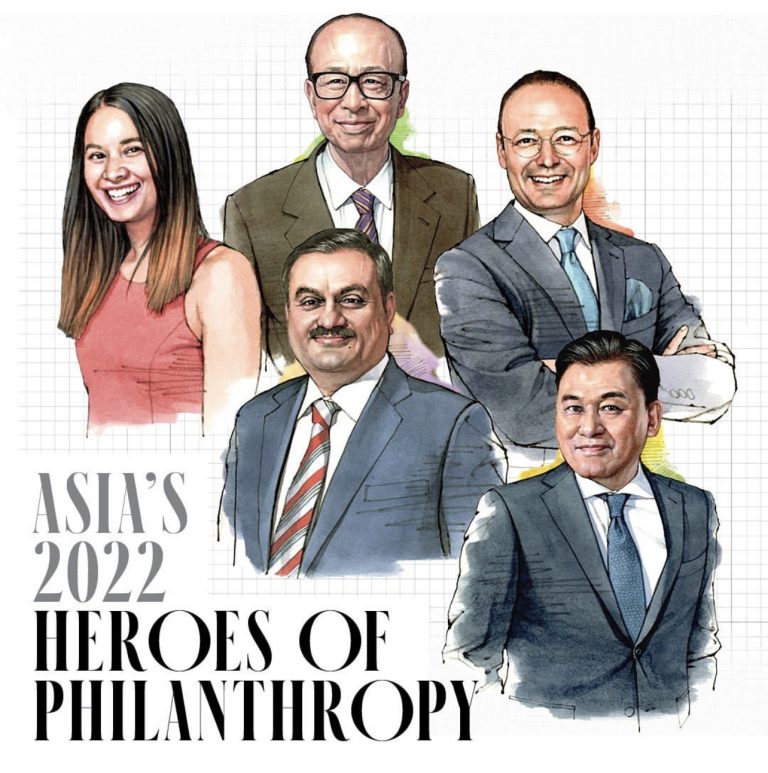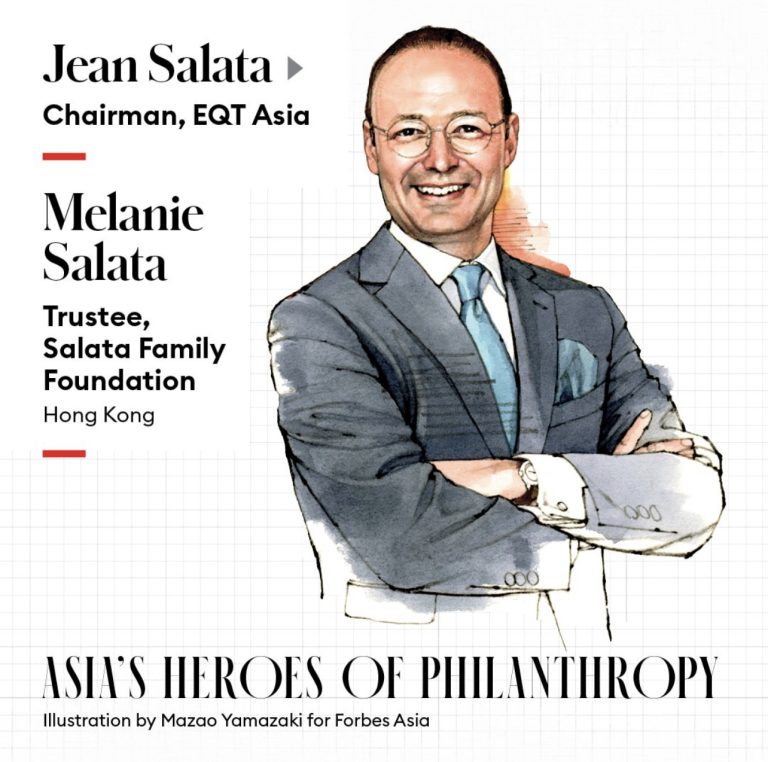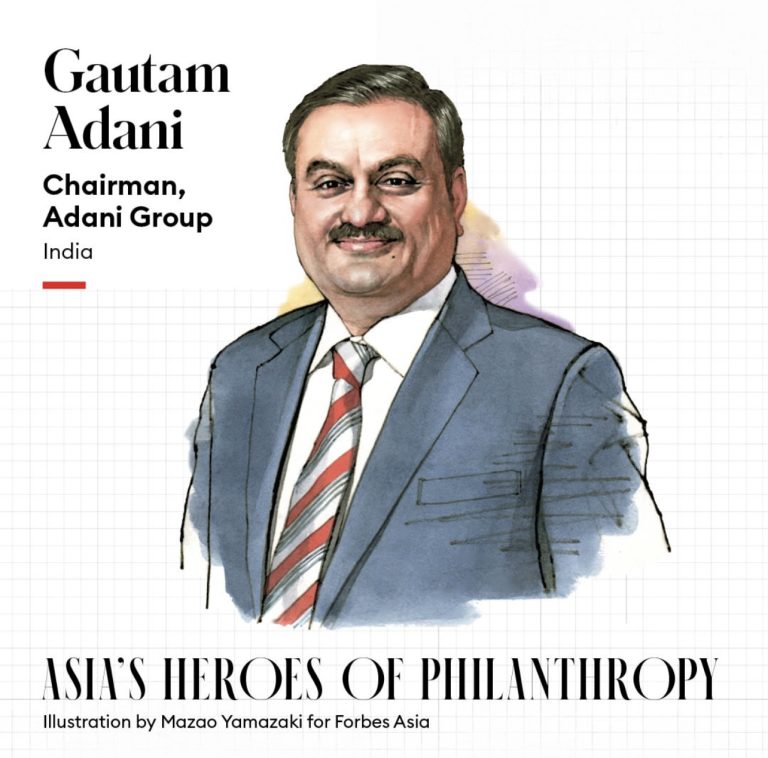Introduction:
President Ferdinand “Bongbong” Marcos Jr. has expressed his support for the resumption of negotiations between the Philippines and the European Union (EU) for a bilateral free trade agreement. With a conducive business atmosphere in the Philippines, Marcos believes that the timing and conditions are favorable for strengthening trade relations with the EU through a comprehensive trade agreement. This move has the potential to unlock numerous opportunities for economic growth and enhanced cooperation between the two entities.
A Conducive Business Atmosphere:
Under President Bongbong Marcos’ leadership, the Philippines has actively fostered a business-friendly environment, focusing on attracting investments and promoting economic development. The government has implemented various policies and initiatives to streamline business processes, reduce red tape, and enhance transparency. These efforts have resulted in increased investor confidence and a thriving entrepreneurial ecosystem, making the Philippines an attractive destination for trade and investment.
Seizing the Opportunity:
Recognizing the potential benefits of a bilateral free trade agreement, President Marcos emphasizes the importance of seizing the opportunity to solidify trade relations with the European Union. The EU, with its robust economy and diverse market, offers immense possibilities for Philippine exporters and businesses looking to expand their global reach. A comprehensive trade agreement would further facilitate trade flows, eliminate trade barriers, and create a more favorable environment for both Philippine and EU businesses.
Unlocking Economic Growth:
The resumption of negotiations for a bilateral free trade agreement between the Philippines and the EU holds the key to unlocking economic growth and mutual benefits. Such an agreement would lead to increased market access for Philippine goods and services in the EU, boosting export opportunities and stimulating economic activity. Additionally, it would attract foreign direct investment, foster technology transfer, and promote knowledge sharing between the two regions.
Enhanced Cooperation:
Beyond economic advantages, a bilateral trade agreement would also pave the way for enhanced cooperation between the Philippines and the EU in various sectors. It would create a framework for collaboration in areas such as agriculture, manufacturing, technology, and research and development. The exchange of expertise, best practices, and innovation would contribute to the overall development and competitiveness of both parties.
Addressing Challenges:
Negotiating a bilateral trade agreement involves addressing various challenges and concerns. Both the Philippines and the EU must ensure that the agreement is fair, equitable, and beneficial to all stakeholders. Key areas of discussion may include tariff reduction, non-tariff barriers, intellectual property rights protection, and sustainability measures. Through open and constructive dialogue, these challenges can be overcome, leading to a mutually beneficial trade agreement.
Conclusion:
President Bongbong Marcos’ call for the resumption of negotiations for a bilateral free trade agreement between the Philippines and the European Union demonstrates a commitment to maximizing opportunities for economic growth and cooperation. With a conducive business atmosphere in the Philippines and the EU’s economic strength, the timing is ideal to strengthen trade relations through a comprehensive trade agreement. By addressing challenges and leveraging the respective strengths of both parties, a bilateral trade agreement can unlock new avenues for trade, investment, and collaboration. The potential benefits extend beyond economic gains, promoting greater understanding, and fostering stronger ties between the Philippines and the European Union.
Read More :-Rediscovering Summer Together with SSI Life: Embrace a Season Unlike Any Other,
























